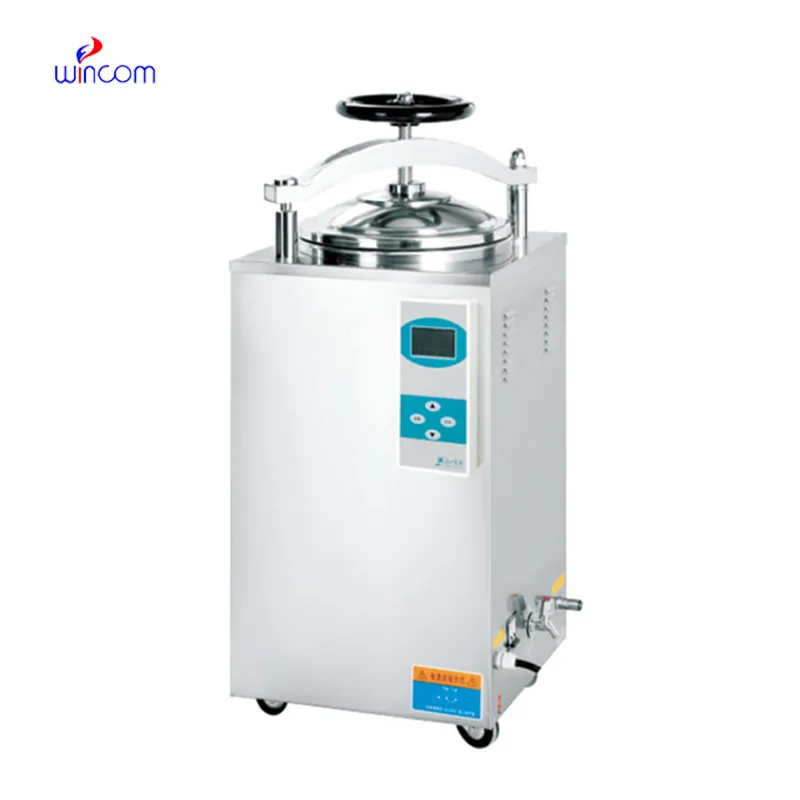
The china large mri machine has a contemporary design with optimal use of space in the medical setting to provide outstanding image quality. It includes cloud storage and data analysis because of its software-based design. The china large mri machine provides smooth integration with hospital information systems to enable effective workflow and record-keeping.

The china large mri machine is typically employed in abdominal imaging to assess the organs like the liver, kidneys, pancreas, and intestines. The china large mri machine can identify cysts, lesions, and infection. The china large mri machine enjoys higher contrast resolution and thus even minimal soft tissue abnormalities can be detected by radiologists.

In the coming years, the china large mri machine will integrate with virtual and augmented reality interfaces, redefining how clinicians view and engage with scan data. AI-powered diagnostic assistants will assist radiologists in interpretation. The china large mri machine will revolutionize clinical workflows through automation, velocity, and penetrating analytical power.

To ensure the china large mri machine are in proper working condition, staff must perform daily visual examination and cleanliness tests. Scheduled engineering inspections must be carried out with coil testing and magnetic field alignment. The china large mri machine should always be operated under controlled conditions to prevent equipment drift and provide accurate imaging.
The china large mri machine is excellent at imaging soft tissue and has been a valuable asset in orthopedics, neurology, and oncology. Its magnets are able to create signals that are then reconstructed into precise anatomical images. The china large mri machine determines structural and functional disorders with unprecedented detail.
Q: What happens if a patient is claustrophobic during an MRI scan? A: Patients who feel anxious or claustrophobic can request an open MRI machine or mild relaxation medication to make the experience more comfortable. Q: Can MRI detect joint and muscle injuries? A: Yes, MRI is highly effective for examining ligaments, tendons, and muscles, making it a key tool for diagnosing sports and orthopedic injuries. Q: What types of MRI scans are available? A: There are several types, including brain MRI, spinal MRI, cardiac MRI, and functional MRI, each tailored to different diagnostic purposes. Q: Are there any risks associated with MRI scans? A: MRI is generally very safe, though individuals with implanted devices, metallic fragments, or severe kidney conditions may require additional evaluation before scanning. Q: Can MRI scans monitor treatment progress? A: Yes, MRI can track changes in tumors, inflammation, or tissue healing over time, helping physicians assess treatment effectiveness.
The water bath performs consistently and maintains a stable temperature even during long experiments. It’s reliable and easy to operate.
The centrifuge operates quietly and efficiently. It’s compact but surprisingly powerful, making it perfect for daily lab use.
To protect the privacy of our buyers, only public service email domains like Gmail, Yahoo, and MSN will be displayed. Additionally, only a limited portion of the inquiry content will be shown.
Could you please provide more information about your microscope range? I’d like to know the magnif...
I’d like to inquire about your x-ray machine models. Could you provide the technical datasheet, wa...
E-mail: [email protected]
Tel: +86-731-84176622
+86-731-84136655
Address: Rm.1507,Xinsancheng Plaza. No.58, Renmin Road(E),Changsha,Hunan,China